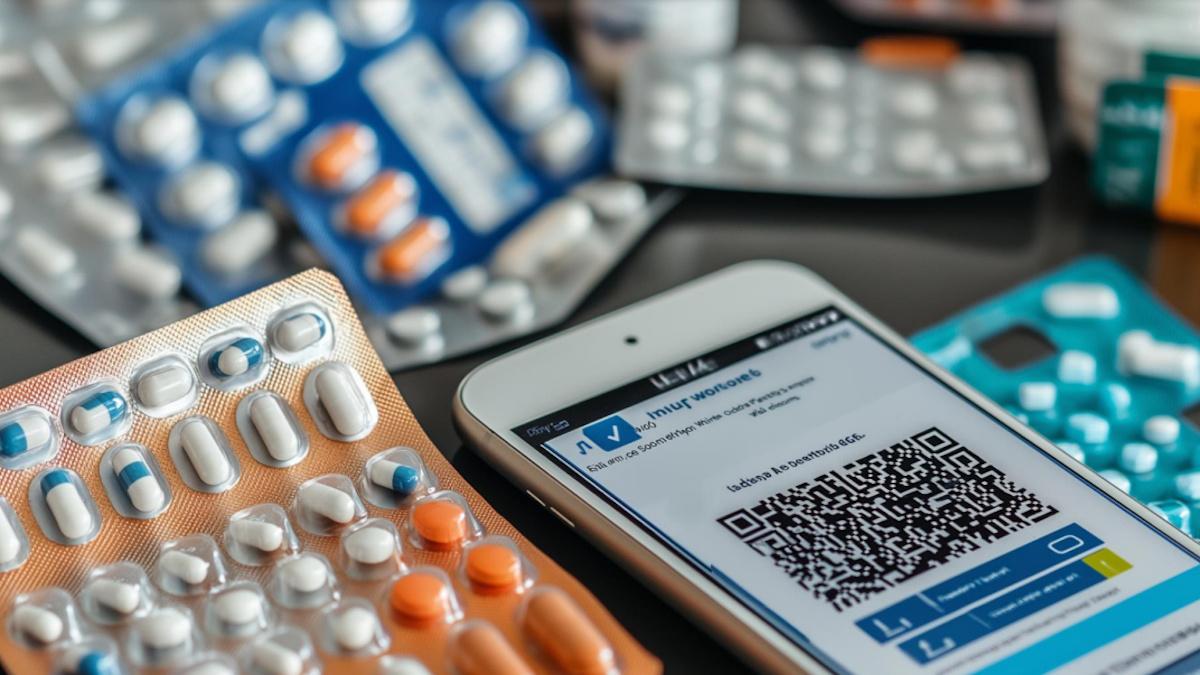EU pharma calls for speedy shift to digital package inserts

Trade bodies representing the European prescription and over-the-counter pharma sectors have issued a call to action to regulators, asking them to accelerate the adoption of electronic product information (ePI).
Through a series of position papers, the EFPIA representing brandname drugmakers, self-medication group organisation AESGP, and Medicines for Europe – which represents the generic pharma industry – have laid out a framework for the phased rollout of ePI and patient leaflets as a replacement for traditional paper-based inserts over four years.
Meeting that timeframe would be a "significant stride towards further modernising patient care, regulatory efficiency, and environmental sustainability," according to a joint statement from the industry bodies.
It is estimated, for example, that pharma companies produce 100 billion paper product information leaflets for medicines yearly, generating 500,000 tonnes of carbon dioxide – the equivalent of almost 100,000 homes' annual electricity use.
ePI would ensure patients have continuous access to critical medicinal information via secure, harmonised digital platforms, while digital product information leaflets (PILs) could deliver layout and readability improvements that will encourage safe use of medicines and "level up health literacy," they added.
The EMA and national competent authorities in Denmark, the Netherlands, Spain, and Sweden tested the use of ePI in a one-year pilot project from July 2023 to August 2024, which resulted in the publication of recommendations (PDF) on additional guidance needed to introduce them across the EU.
At the heart of the proposal is a centralised EMA portal that would serve as a single source of trustworthy information, encouraging transparency and regulatory efficiency across the EU, although the pilot showed that more work still needs to be done on functionality, which the EMA intends to conduct during 2025.
It is worth noting that ongoing reforms to the core EU pharma legislation – which were adopted by the European Parliament last year – could have an impact on the timeline, implementation, and evolution of ePI.
It is thought that around 90% of EU citizens regularly access the internet and so should have little obstacle to accessing the ePI information through a digital device, but one of the conclusions of the pilot was that a pre-requisite for adoption will be "robust systems in place ensuring that the patient can easily access the package leaflet for their medicine in their chosen format: paper or electronic."
For industry, there will be advantages too in cost-reductions for multi-country packs, which will be simplified through the use of ePI in areas like language exemption and harmonised labelling requirements, and that could improve the availability of medicines in smaller EU markets, according to the industry bodies.
"[The] pharmaceutical industry is urging regulatory bodies across Europe to adopt a harmonised implementation of ePI," they note in a joint position paper (PDF).
"This transition is critical not only for advancing patient care, but also for enhancing regulatory operations and addressing environmental challenges."











